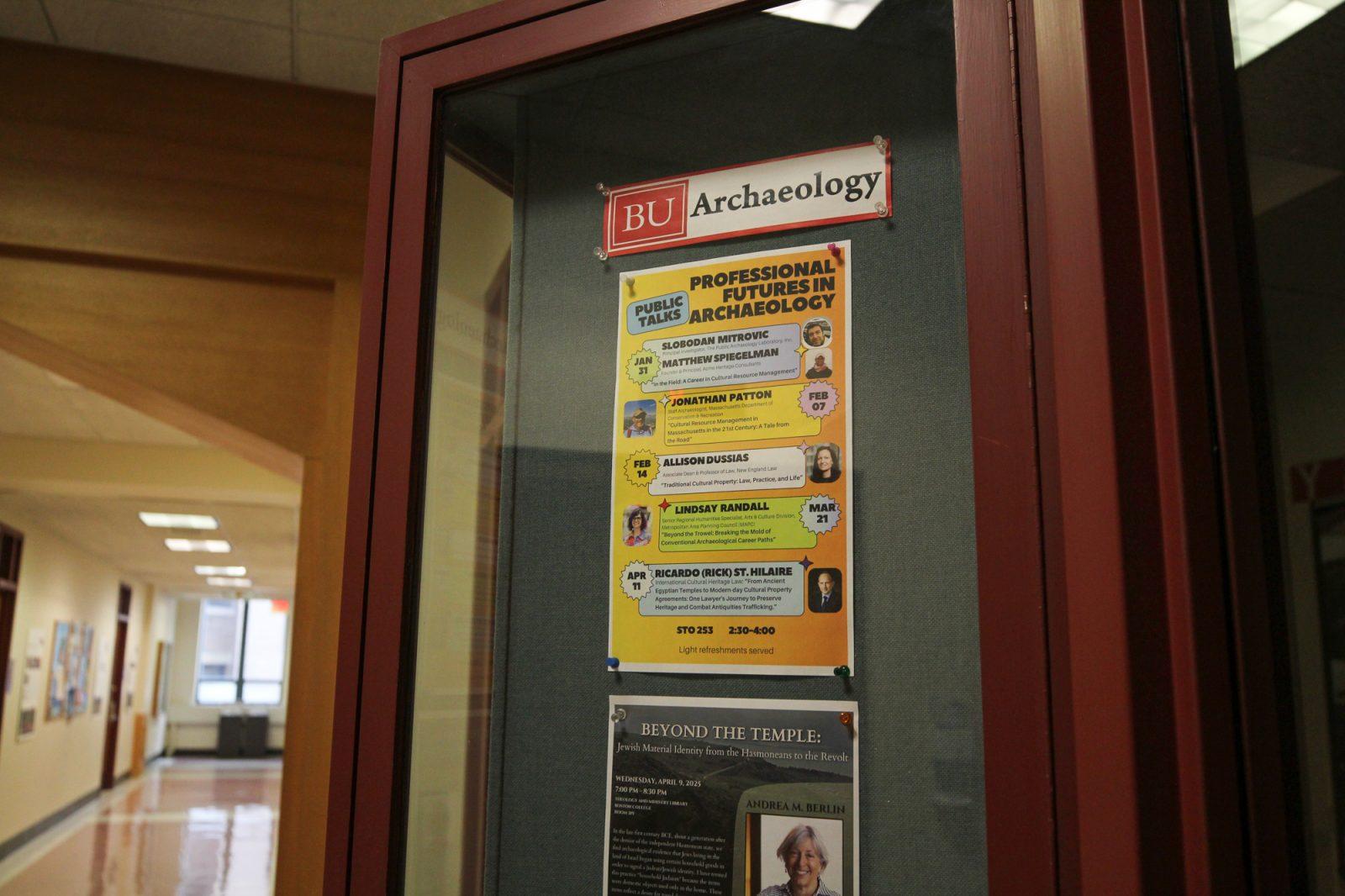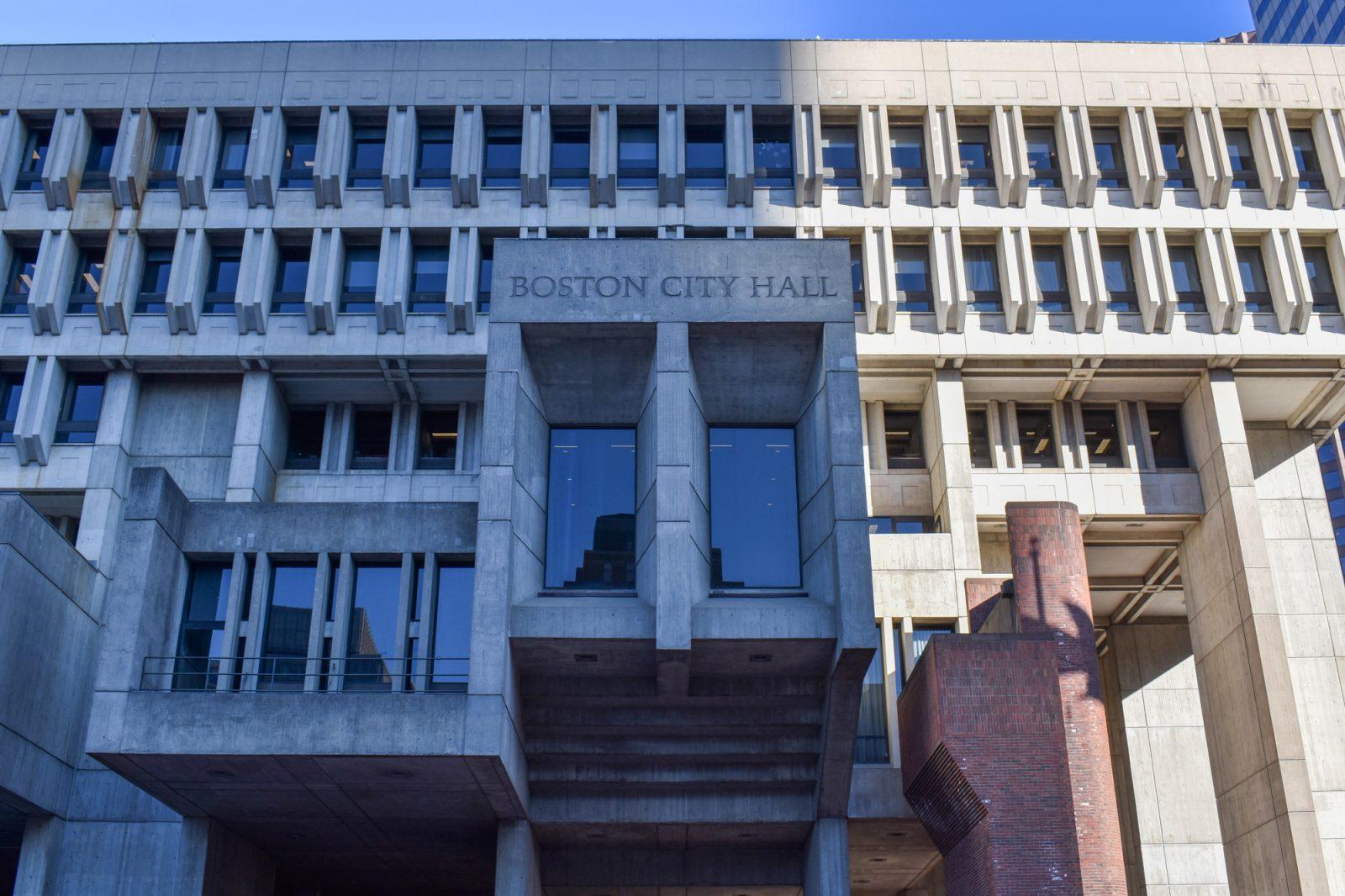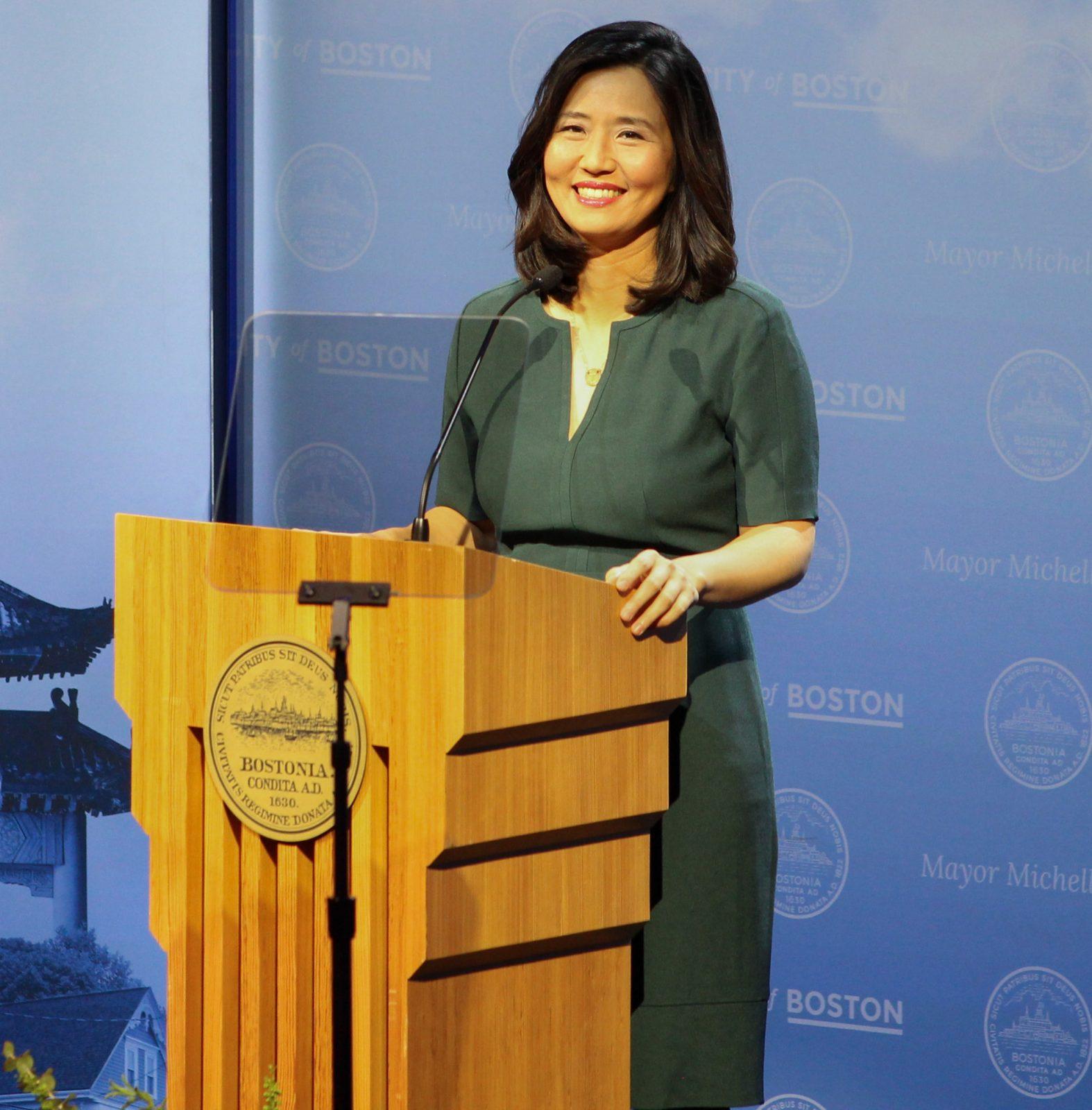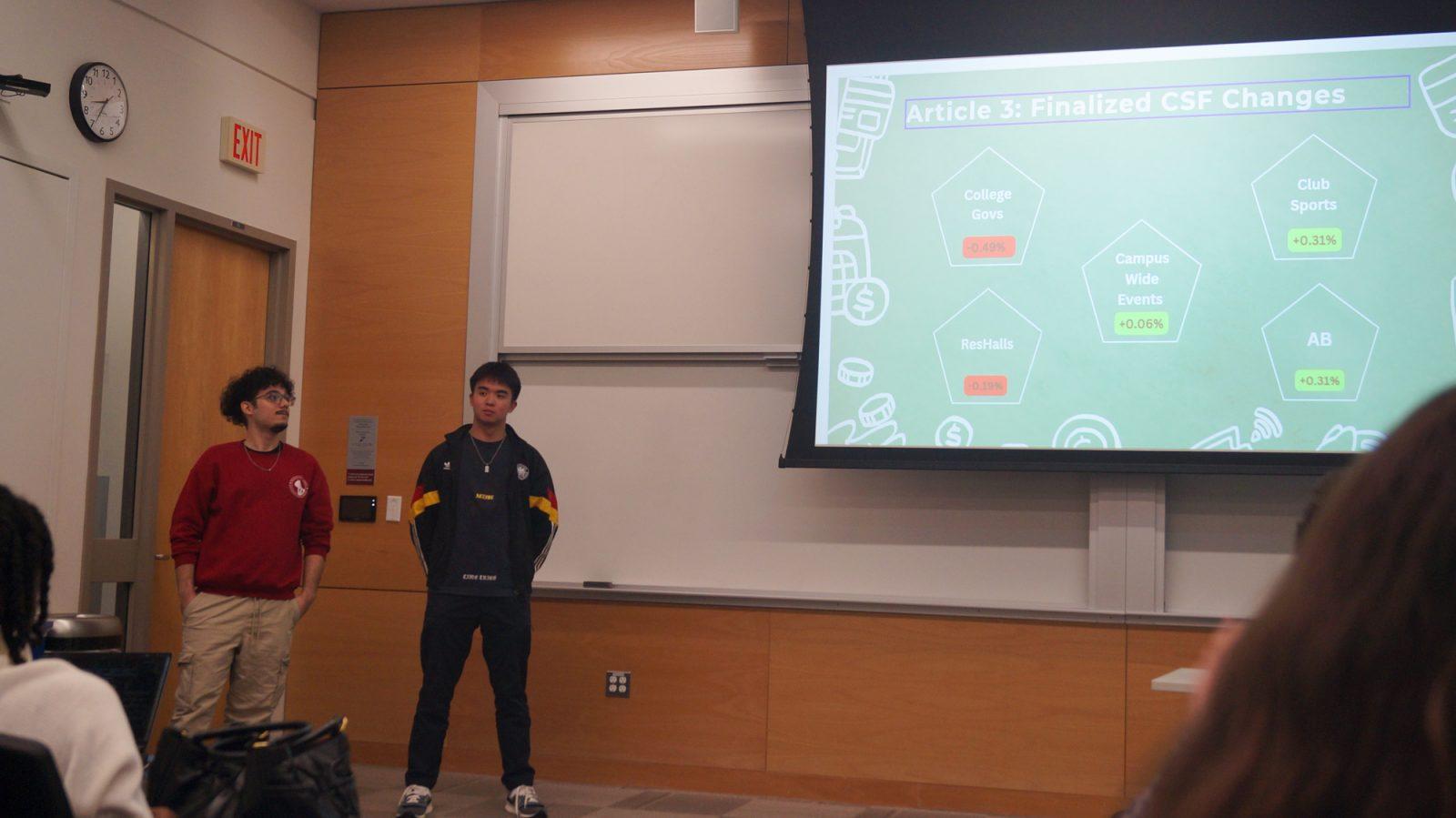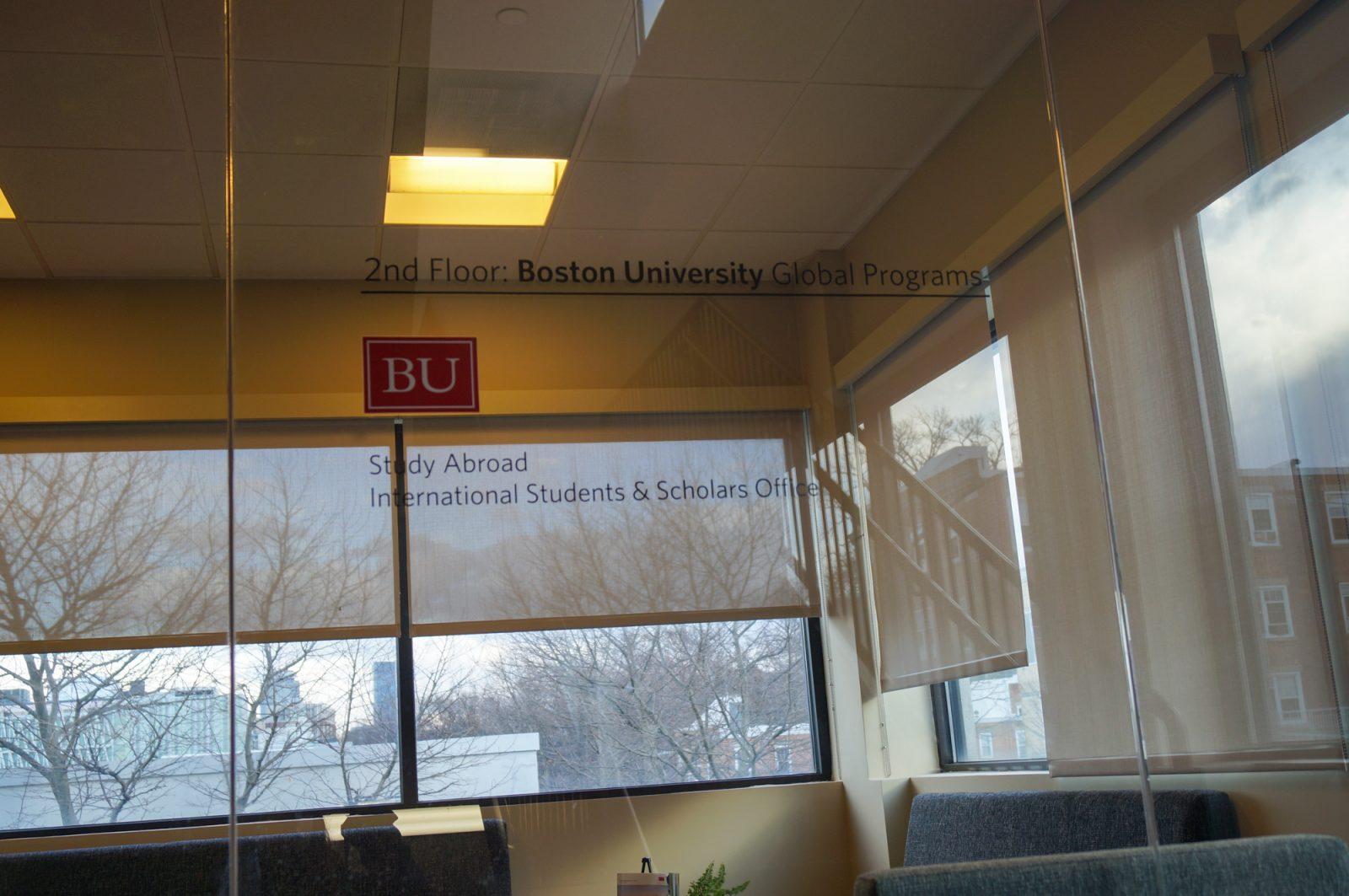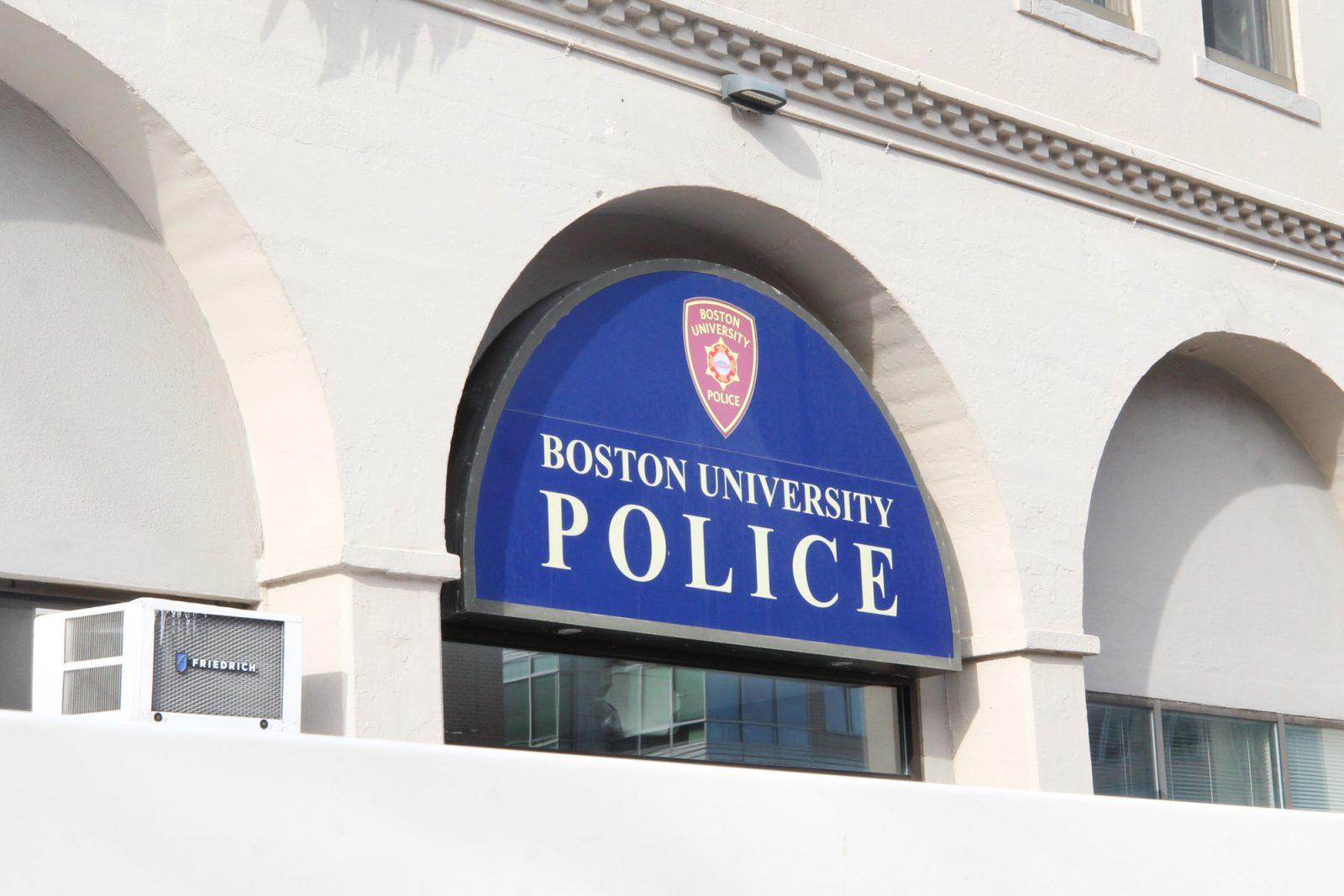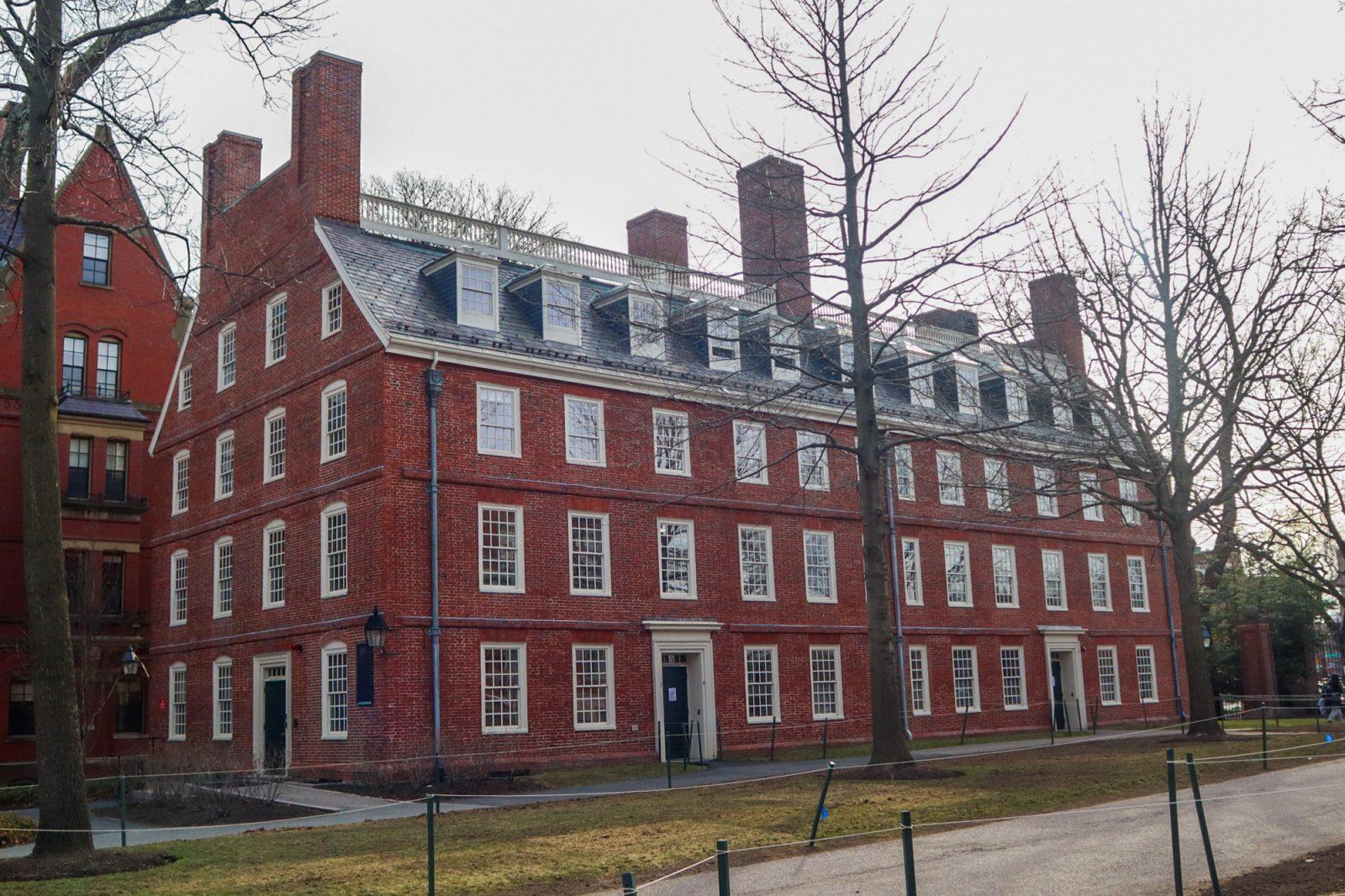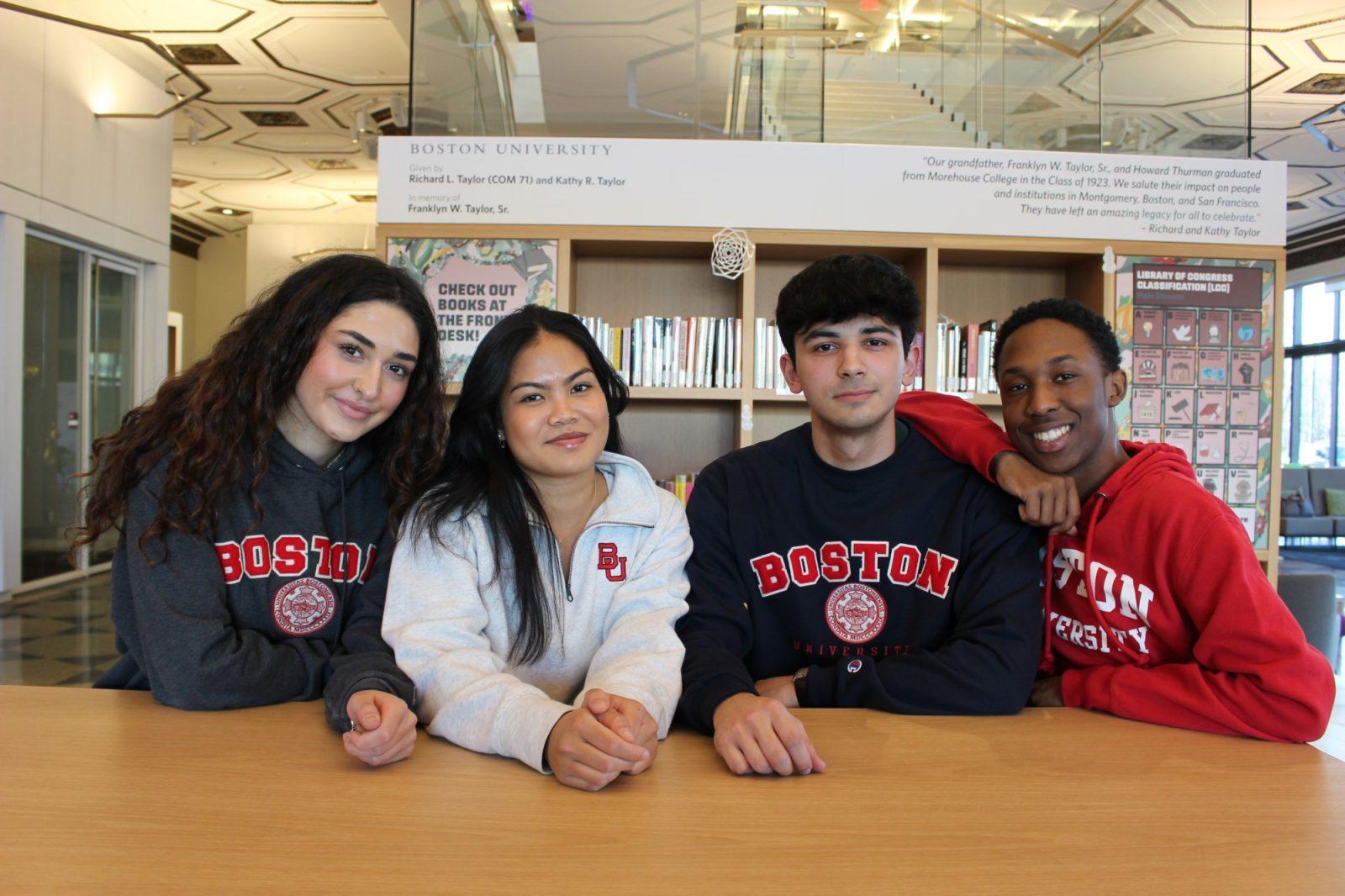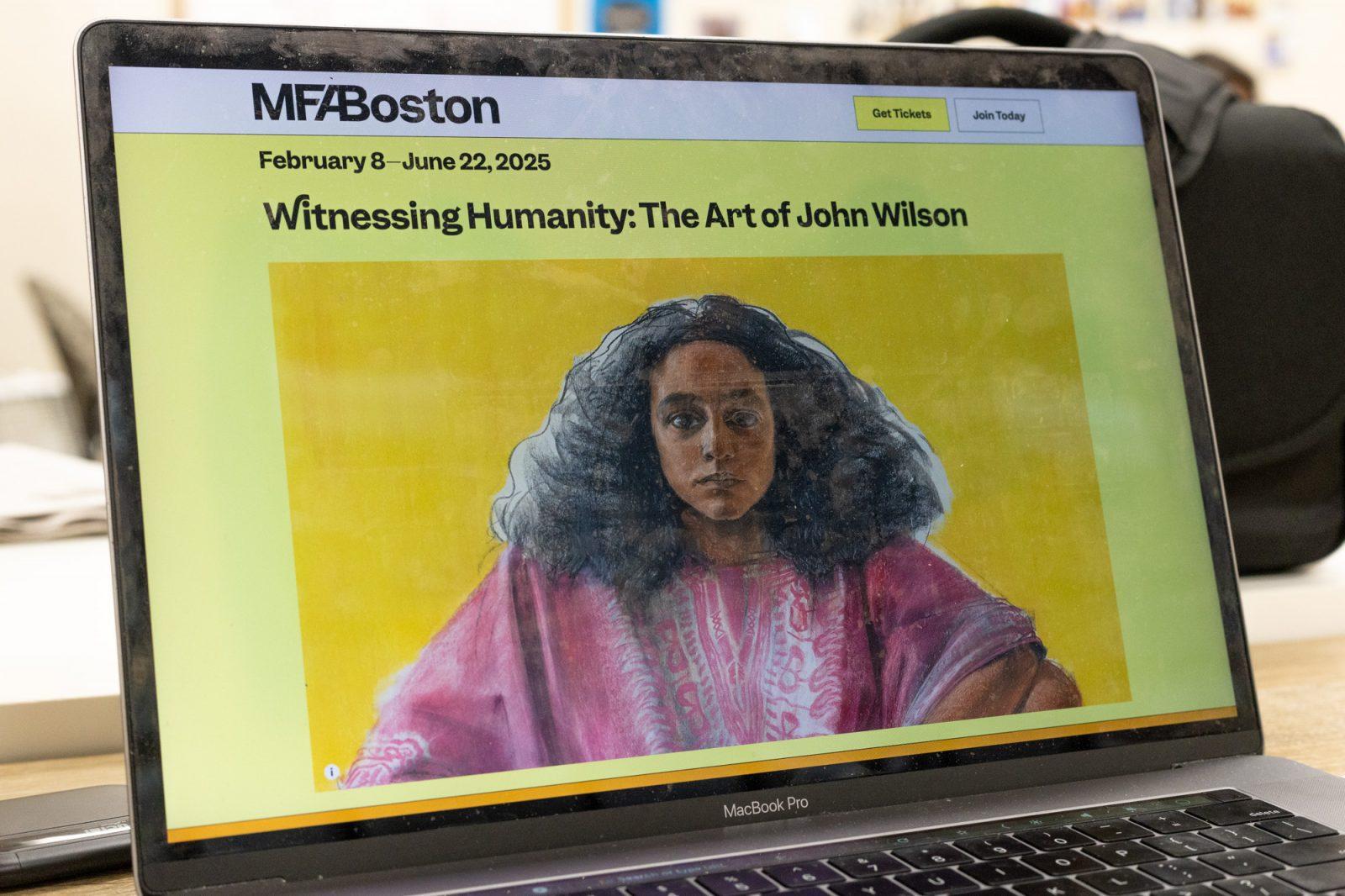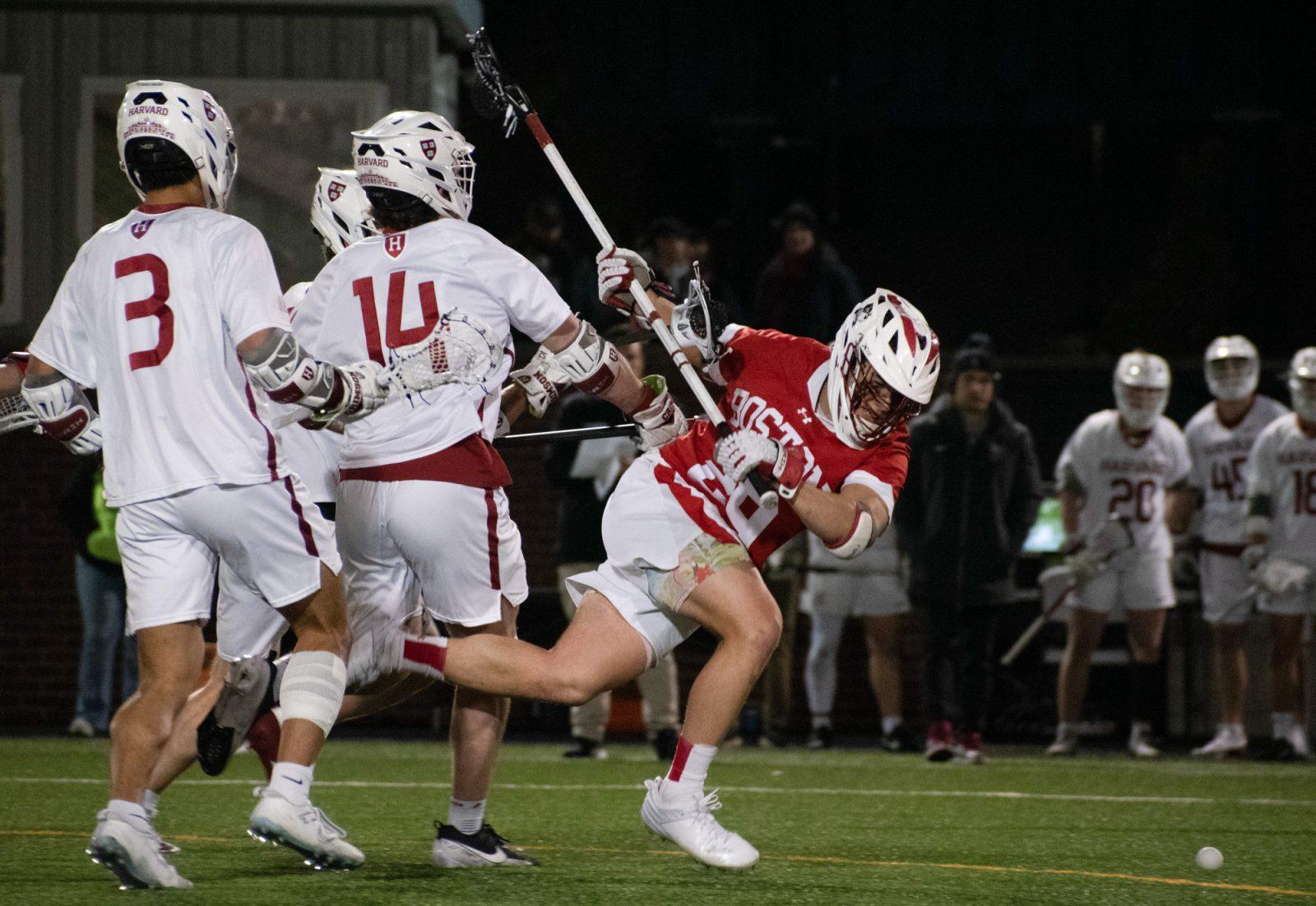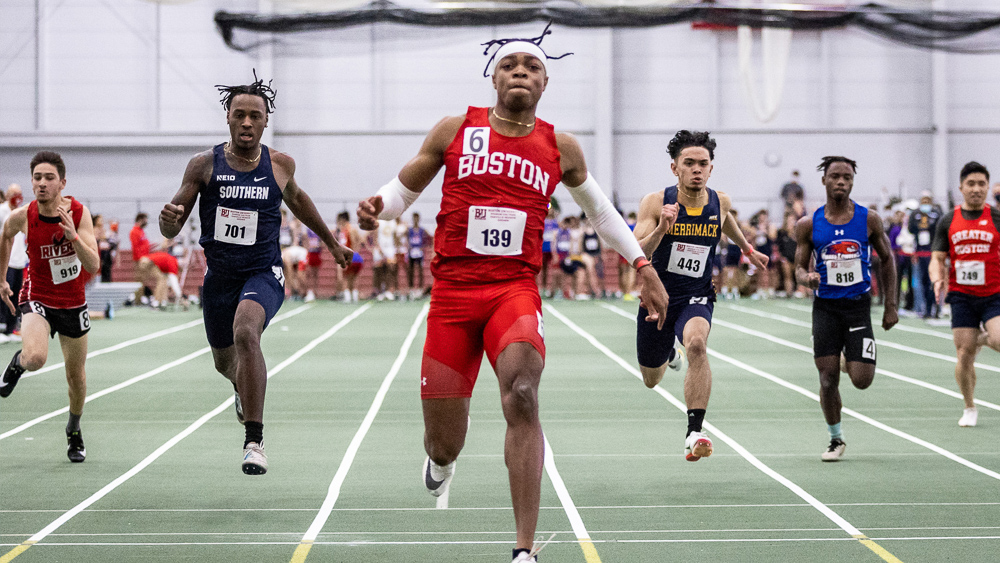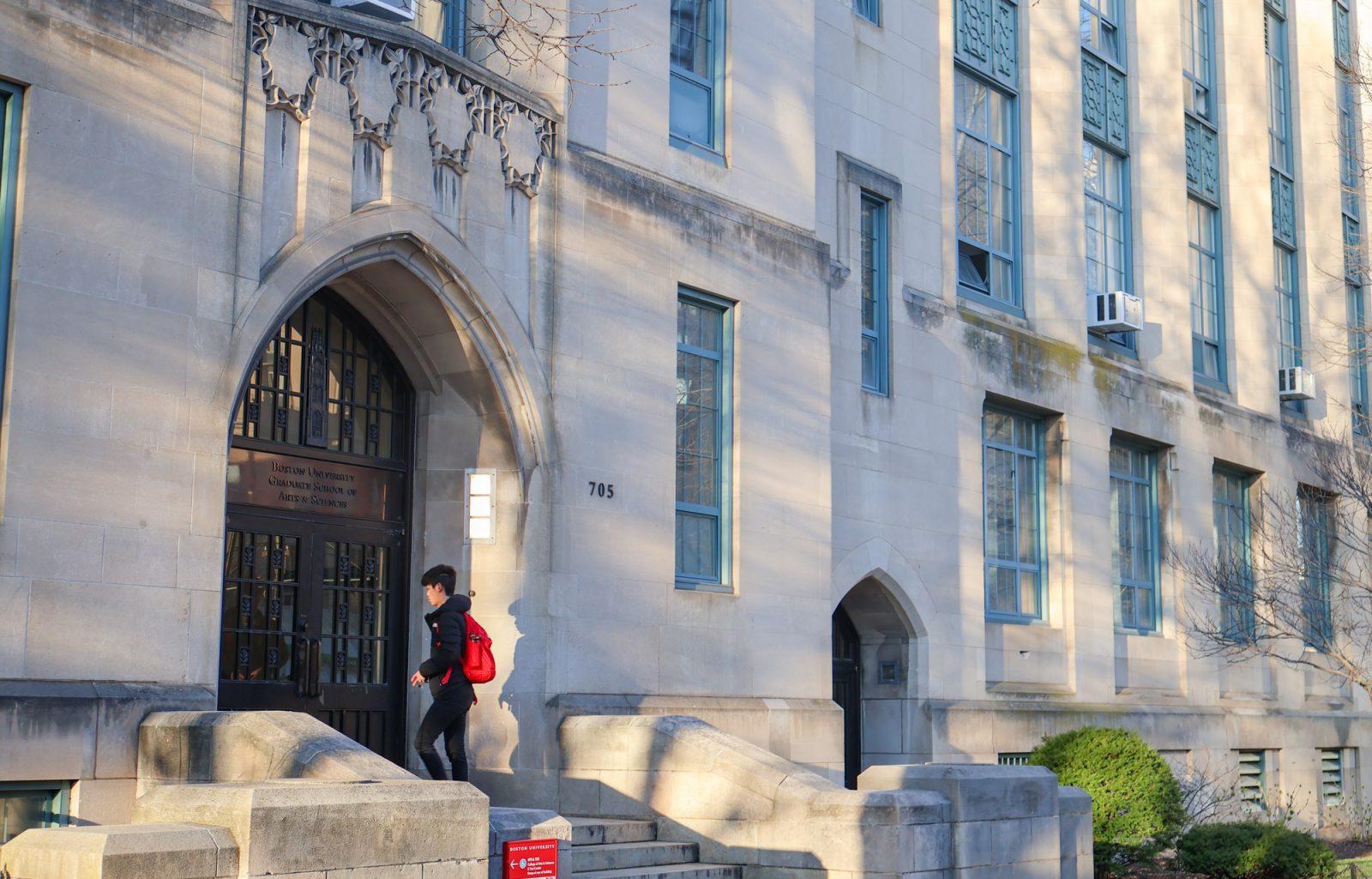Robert Reich mishandled his commitments to the College Democrats, but it probably will not hurt him on Tuesday. Despite infuriating Boston University’s most active group of Democrats, Reich won’t feel a pinch. After all, he only offended the least active bloc of voters — college students.
Reich, after telling the group he would speak for them in the waning days before the state primary election, canceled two scheduled appearances at BU on short notice. Reich was originally scheduled to speak at BU on Sept. 8, but rescheduled for Saturday, Sept. 14 and canceled again yesterday afternoon.
While Reich’s last-minute cancellations were inconsiderate and rude, who can blame him? College students are the least likely of any age group to vote. As the campaign for the Democratic gubernatorial nomination comes to a close, Reich’s campaign interests are best served talking to voters who are more likely to listen and go to the polls.
That said, the date of this year’s primary election was on his calendar long before his staff rescheduled his BU appearance to four days before polls open across the Commonwealth. State-wide campaigns can be hectic, but his last-minute cancellation at BU is offensive and may even drive the most politically interested college students away from voting for him. He will not feel the effects of his discourteous behavior on Election Day, but his actions could discourage candidates from taking such an interest in state politics in the future.
While the group invited all four Democratic gubernatorial candidates, only Reich and Warren Tolman responded positively and Tolman will end up being the only one to have spoken to the group. So what is the problem? Any good political consultant will tell you politicians do not spend time courting college students because they are politically apathetic and unlikely to vote.
However, some of the onus for college-age citizens’ lack of political involvement falls on politicians. Rather than simply blowing young voters off, candidates should consider it in their interests to engage college students with new ideas and real concern for their problems. The college bloc holds enormous potential in the Boston area, with more than 200,000 potential voters. But for the most part, candidates for all offices fail to make the effort.
College students can always become more politically involved. But Reich’s lack of consideration for BU’s College Democrats and Shannon O’Brien’s and Tom Birmingham’s complete disregard for the group show that though college students have huge potential, most politicians are simply unwilling to make the effort.

